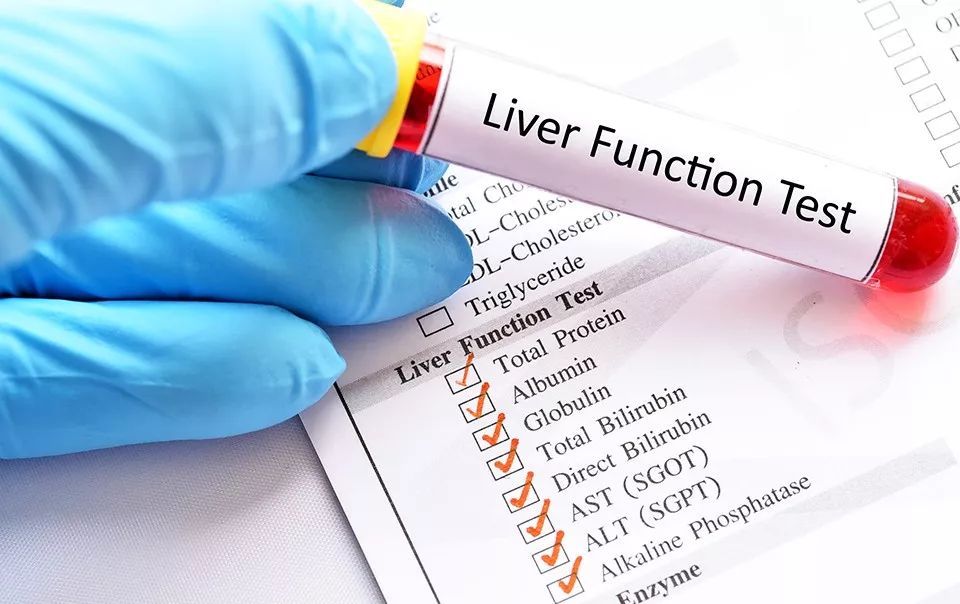Benign prostatic hyperplasia (BPH), often known as prostate gland enlargement, is a common disorder in elderly men. An enlarged prostate gland can produce unpleasant urinary symptoms, such as obstructing urine flow out of the bladder. It can also create difficulties with the bladder, urinary tract, or kidneys.
Medication, minimally invasive therapy, and surgery are all viable treatments for prostate gland enlargement. You and your urologist will evaluate your symptoms, the size of your prostate, any other health concerns you may have, and your preferences while deciding on the best alternative.
Symptoms
The intensity of symptoms in men with prostate gland enlargement varies, but they tend to worsen over time. The following are common signs and symptoms of BPH:
- Urge to urinate frequently or urgently
- Nighttime urination has been more frequent (nocturia)
- Starting urination is difficult
- Weak pee stream or a stream that dribbles and ceases at the conclusion of urinating
- Inability to empty the bladder entirely.
Signs and symptoms that are less common include:
- Infection of the urinary tract
- Urinary incontinence
- Urine with blood.
The size of your prostate does not always indicate the severity of your symptoms. Some men with moderately enlarged prostates may experience considerable symptoms, whereas others with severely enlarged prostates may experience just minor urine symptoms.
Symptoms may ultimately stabilize and even improve in some men.
Causes of urinary symptoms
Conditions that can lead to symptoms similar to those caused by enlarged prostate include:
- Infection of the urinary tract
- Prostate inflammatory disease (prostatitis)
- Urethral constriction (urethral stricture)
- Scarring in the bladder neck caused by prior surgery
- Stones in the bladder or kidney
- Issues with the nerves that control the bladder
- Prostate and bladder cancer.
When should you see a doctor?
Consult a Urology Hospital if you are experiencing urinary issues. Even if your urine symptoms aren't bothering you, it's critical to identify and rule out any underlying causes. Urinary issues that go untreated might lead to urinary tract blockage.
Seek medical attention right away if you are unable to pass any urine.
The prostate gland is beneath the bladder. The urethra (the tube that delivers urine from the bladder to the penis) runs through the middle of the prostate. When the prostate grows in size, it begins to obstruct urine flow.
Most men's prostates continue to grow throughout their lives. This persistent growth enlarges the prostate in many men, causing urinary discomfort or considerably blocking urine flow.
It's unclear what causes the prostate to grow. It could, however, be owing to changes in the balance of sex hormones as men age.
Risks
The following are risk factors for prostate gland enlargement:
- Aging: Prostate gland enlargement rarely produces symptoms in men under the age of 40. By the age of 60, one-third of men have moderate to severe symptoms, and half have them by the age of 80.
- Genetics: Having a blood relative with prostate difficulties, such as a father or a brother, increases your chances of having problems.
- Diabetes and cardiovascular disease: Diabetes, heart disease, and the use of beta-blockers have all been linked to an increased risk of BPH, according to research.
- Lifestyle: Obesity raises the risk of BPH, whereas exercise lowers it.
Complications
An enlarged prostate can cause the following complications:
- Unexpected inability to urinate (urinary retention): To drain the pee, you may need to have a tube (catheter) put into your bladder. To treat urinary retention, some men with enlarged prostates require surgery.
- Infections of the urinary tract (UTIs): The inabilityto completely empty the bladder can raise the risk of urinary tract infection. If UTIs occur regularly, you may require surgery to remove a portion of your prostate.
- Stones in the bladder: In most cases, this is caused by an inability to completely empty the bladder. Bladder stones can result in infection, bladder discomfort, blood in the urine, and urinary flow restriction.
- Damage to the gallbladder: A bladder that hasn't been fully emptied can stretch and weaken over time. As a result, the bladder's muscular wall no longer contracts properly, making it more difficult to completely empty your bladder.
- Kidney failure: Urinary retention pressure can directly damage the kidneys or allow bladder infections to reach the kidneys.
The majority of men with an enlarged prostate do not experience these issues. Acute urine retention and renal damage, on the other hand, can pose major health risks.
Lastly, It is not believed that having an enlarged prostate increases your risk of acquiring prostate cancer. PSA is the test for Prostate Cancer (Prostate-Specific Antigen).












